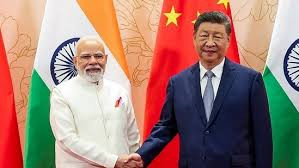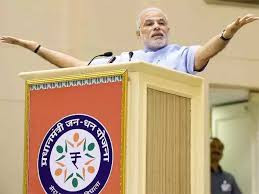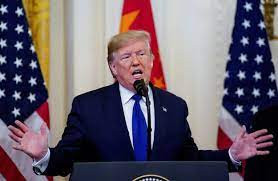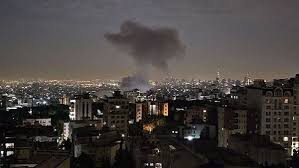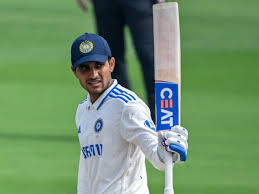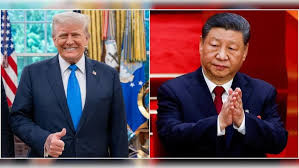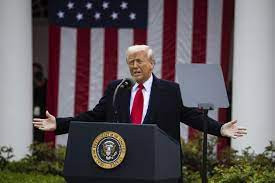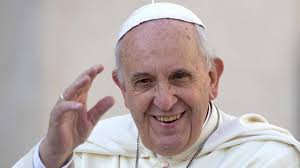Ayodhya Ram Mandir: Unraveling the Neo-Ramayana of Electoral Politics Crafted by Narendra Modi
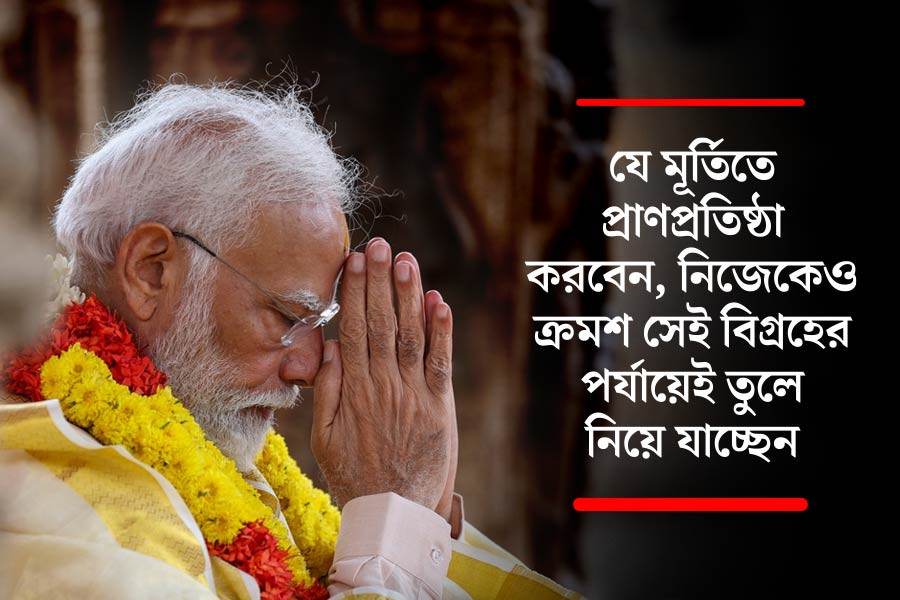
we delve into the intricate tapestry of electoral politics woven around the Ayodhya Ram Mandir by Prime Minister Narendra Modi. The construction of the Ram Mandir has transcended its religious and historical significance, evolving into a political narrative that mirrors the Neo-Ramayana of contemporary India.
Narendra Modi, with his astute political acumen, has strategically embraced the Ayodhya issue, transforming it into a potent tool for mobilizing public sentiment. The construction of the Ram Mandir, a long-standing promise, has become emblematic of a broader narrative, intertwining religious fervor with political maneuvering.
The essay explores the strategic implications of Modi's deft handling of the Ayodhya issue in the realm of electoral politics. By positioning himself as the torchbearer of the Ram Mandir construction, Modi has adeptly tapped into a sentiment deeply embedded in the cultural and religious fabric of the nation. This narrative not only reinforces his political identity but also establishes a connection with a significant voter base.
Examining the socio-political landscape, the essay contemplates the impact of the Ayodhya Ram Mandir discourse on the electorate. It investigates how this Neo-Ramayana narrative has played a pivotal role in shaping public opinion, consolidating support, and potentially influencing electoral outcomes.
Moreover, the essay reflects on the broader implications of intertwining religion and politics, questioning the fine line between cultural assertion and electoral opportunism. As the Ayodhya Ram Mandir takes center stage in the political arena, it raises critical questions about the convergence of faith and governance, and the ramifications for the democratic ethos of the nation.
The essay critically analyzes the Ayodhya Ram Mandir narrative as a Neo-Ramayana of electoral politics masterfully crafted by Narendra Modi. It prompts readers to reflect on the intricate interplay between religion and politics, urging a nuanced understanding of the dynamics shaping contemporary Indian democracy.
You might also like!


